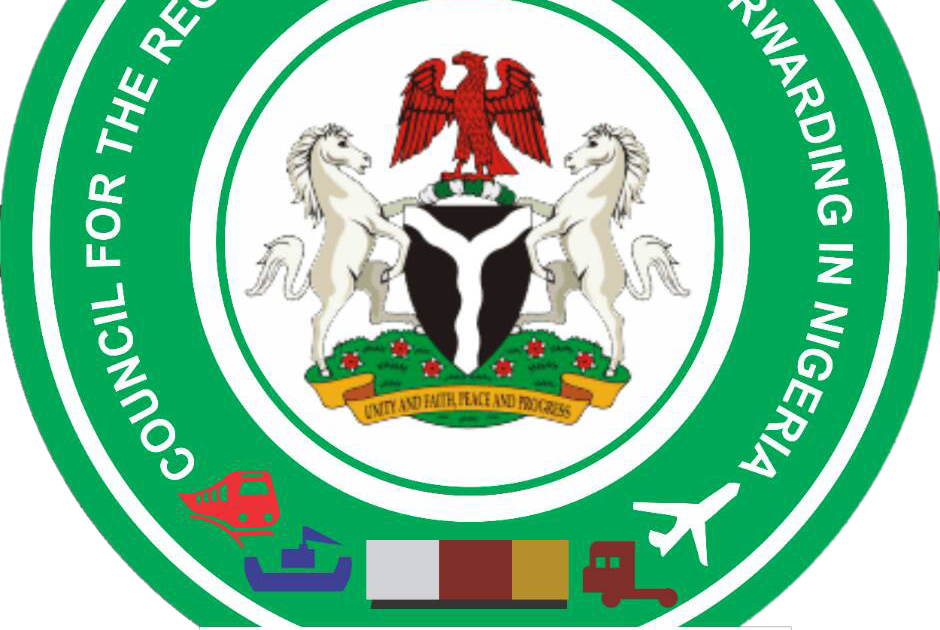Paragraph 1: Introduction to Freight Forwarding Digitalization in Nigeria
The Council for the Regulation of Freight Forwarding in Nigeria (CRFFN) has embarked on a transformative journey to revolutionize the freight forwarding landscape in the country through digitalization. This strategic initiative aims to enhance efficiency, transparency, and seamless operations within the Nigerian ports and logistics sector. Recognizing the crucial role technology plays in modernizing processes and boosting productivity, the CRFFN is leveraging digital tools and platforms to optimize freight forwarding operations, streamline documentation, and improve communication among stakeholders. This move aligns with the global trend towards digitalization in the maritime industry and seeks to position Nigeria as a leader in African logistics.
Paragraph 2: CRFFN’s Vision for Digital Transformation
The CRFFN’s vision for digital freight forwarding encompasses a comprehensive overhaul of traditional processes. This includes implementing electronic documentation, automating customs procedures, integrating various port systems, and providing real-time tracking and monitoring of cargo. By transitioning from paper-based processes to digital platforms, the Council aims to reduce delays, minimize errors, and enhance overall efficiency. Furthermore, digitalization is expected to promote greater transparency and accountability within the sector, reducing opportunities for corruption and fostering a more professional environment.
Paragraph 3: Benefits of Digitalization for Nigerian Ports
The digitalization of freight forwarding is poised to bring about significant benefits for Nigerian ports. By automating processes, the initiative will minimize human intervention, leading to faster cargo clearance times and reduced dwell times of vessels. This will, in turn, improve port productivity, lower operational costs, and enhance the competitiveness of Nigerian ports in the global market. Moreover, digitalization will facilitate better communication and collaboration among stakeholders, including shipping lines, freight forwarders, customs officials, and port authorities, leading to smoother and more efficient operations.
Paragraph 4: Alignment with Government’s Digitalization Agenda
The CRFFN’s digitalization drive aligns seamlessly with the Nigerian government’s broader digital transformation agenda. The administration of President Bola Tinubu has prioritized digitalization across various sectors, recognizing its potential to drive economic growth, improve service delivery, and enhance transparency. The Ministry of Marine and Blue Economy, under which the CRFFN operates, has demonstrated strong commitment to digitalization, earning high marks for its performance in this area. This has created a supportive environment for the Council to implement its digital freight forwarding initiative and contribute to the overall digital transformation of the maritime sector.
Paragraph 5: Capacity Building and Stakeholder Engagement
Recognizing that digitalization requires a skilled workforce and collaboration among stakeholders, the CRFFN emphasizes the importance of capacity building. The Council is committed to training freight forwarders, customs officials, and other relevant personnel on the use of digital tools and platforms. This ensures that stakeholders can effectively adapt to the new digital environment and maximize the benefits of the initiative. Furthermore, the CRFFN is engaging with various stakeholders, including importers, exporters, shipping lines, and government agencies, to ensure smooth implementation and widespread adoption of digital freight forwarding processes.
Paragraph 6: Collaborative Efforts and Future Outlook
The CRFFN’s digitalization efforts are being undertaken in collaboration with key stakeholders within the Nigerian maritime sector. The Nigerian Ports Authority (NPA), under the leadership of Dr. Abubakar Dantsoho, has played an instrumental role in supporting the initiative and ensuring seamless integration of digital systems within the port environment. The collaborative approach adopted by the CRFFN reflects its commitment to fostering a cohesive and efficient maritime sector. Looking ahead, the digitalization of freight forwarding is poised to transform the Nigerian logistics landscape, contributing to economic growth, improved competitiveness, and enhanced service delivery within the maritime industry.


